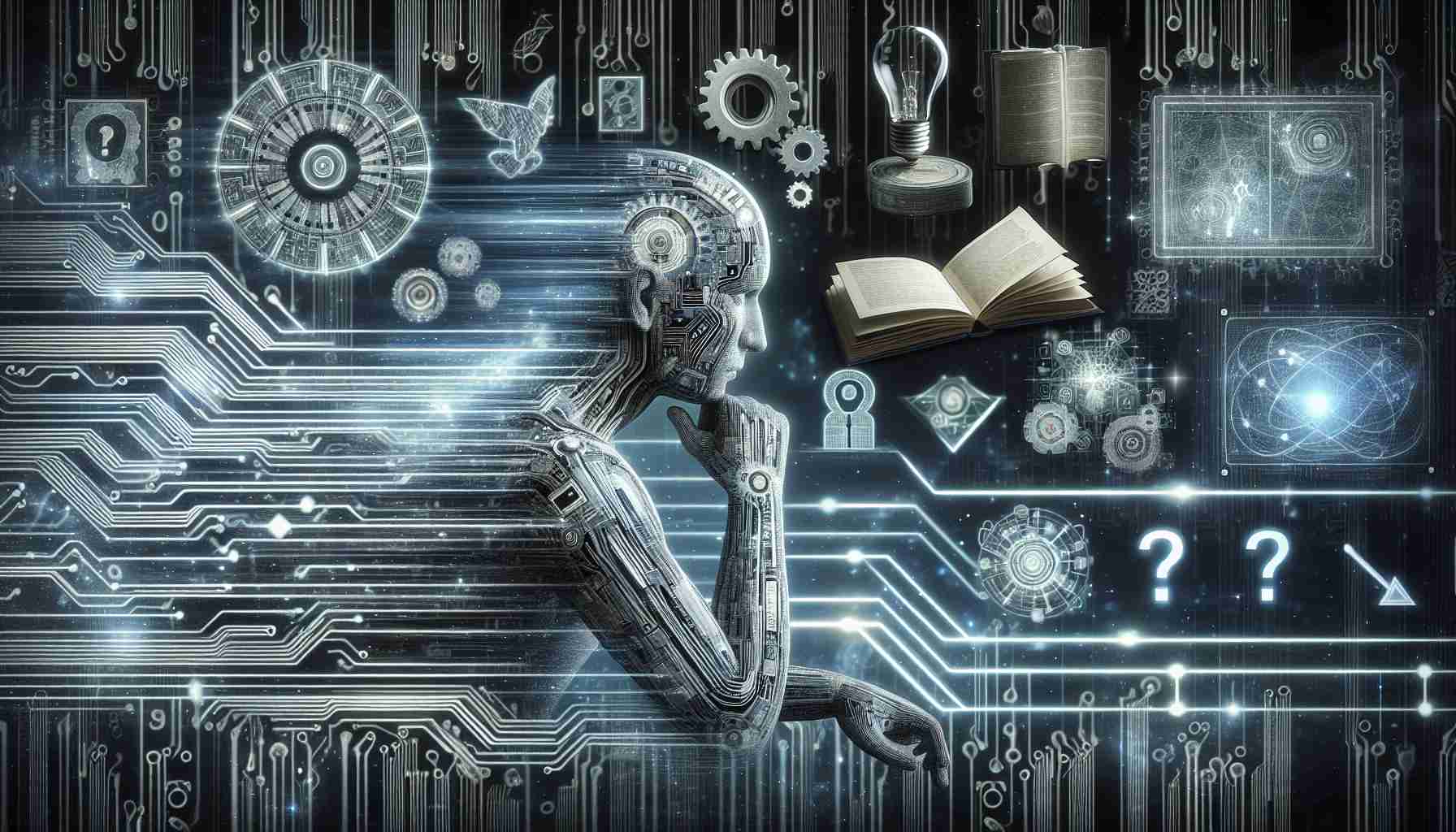Tesla CEO Elon Musk and futurist Ray Kurzweil have separately expressed their belief that artificial intelligence (AI) could surpass human intelligence in the near future. While Kurzweil predicts that AI will achieve human-level intelligence by 2029, Musk suggests that AI might outperform human intelligence even earlier.
Kurzweil, renowned for his analyses of technology’s growth, attributes his prediction to significant advancements in computing power, algorithm sophistication, and data-handling capabilities. He has maintained this view since 1999 when he first proposed that AI’s ability to mimic human intelligence could emerge sooner than expected.
Musk, who has previously voiced concerns about the risks associated with AI, now believes that AI could surpass human intelligence by next year and exceed the collective intelligence of humanity by 2029. While his timeline is more optimistic than Kurzweil’s, it underscores the rapid pace of AI development and the potential implications it holds.
As AI continues to evolve, there is a growing focus on ethical development and use. Both experts recognize the importance of ensuring that AI advancements enhance human life while effectively managing potential risks. The integration of AI into society during the coming years will play a crucial role in shaping its impact and determining the best strategies for preparation.
Frequently Asked Questions (FAQ)
What is AI?
AI, or artificial intelligence, refers to the development of computer systems capable of performing tasks that usually require human intelligence, such as speech recognition, decision-making, and problem-solving.
How is AI advancing so quickly?
AI is advancing rapidly due to advancements in computing power, improved algorithms, and increased availability of data for training machine learning models.
What are the potential benefits of AI?
AI has the potential to revolutionize numerous industries, including healthcare, transportation, and finance. It can automate repetitive tasks, improve decision-making processes, and assist in solving complex problems.
What are the risks associated with AI?
The risks associated with AI include job displacement, biases in algorithms, potential misuse of AI technologies, and the possibility of AI systems becoming too powerful or uncontrollable.
How can we ensure ethical AI development?
Ensuring ethical AI development requires establishing guidelines and regulations that promote fairness, transparency, privacy protection, and accountability in the design, development, and deployment of AI systems.
Sources: example.com
Frequently Asked Questions (FAQ)
What is AI?
AI, or artificial intelligence, refers to the development of computer systems capable of performing tasks that usually require human intelligence, such as speech recognition, decision-making, and problem-solving.
How is AI advancing so quickly?
AI is advancing rapidly due to advancements in computing power, improved algorithms, and increased availability of data for training machine learning models.
What are the potential benefits of AI?
AI has the potential to revolutionize numerous industries, including healthcare, transportation, and finance. It can automate repetitive tasks, improve decision-making processes, and assist in solving complex problems.
What are the risks associated with AI?
The risks associated with AI include job displacement, biases in algorithms, potential misuse of AI technologies, and the possibility of AI systems becoming too powerful or uncontrollable.
How can we ensure ethical AI development?
Ensuring ethical AI development requires establishing guidelines and regulations that promote fairness, transparency, privacy protection, and accountability in the design, development, and deployment of AI systems.
Definitions:
- AI: Artificial intelligence refers to the development of computer systems capable of performing tasks that usually require human intelligence, such as speech recognition, decision-making, and problem-solving.
Sources: example.com
The source of the article is from the blog enp.gr

